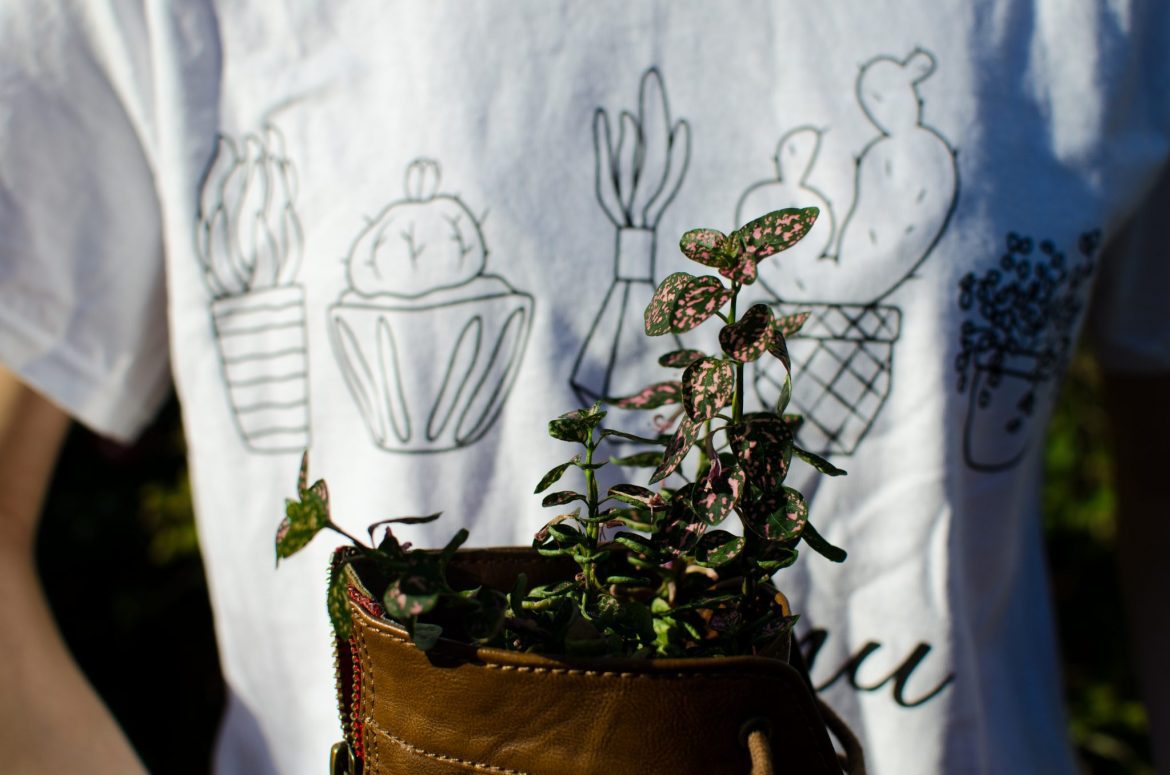If you don’t have a plant in your dorm room yet, you are a little behind the trend. Among millennials, plants have become a huge item of social media and home décor. While it may seem like the only reason for having succulents or other types of plants in your room is to fit a popular earthy aesthetic, there are many valid benefits to owning plants.
Plants have the ability to improve life physically, mentally and spiritually.
First, according to botany professor Dr. Michael Nicodemus, plants clean the air and increase humidity, which helps relieve allergies.
“I think something about taking care of something has emotional benefits for the person taking care of it,” Nicodemus said. “For me, it sounds cheesy, but plants make me happy. So I think there is some sort of emotional connection to plants, which is nice. It’s also just having something beautiful around.”
Sophomore Taylor Shannon, who is passionate about her own collection of plants, agrees that the emotional benefits of plants focus on a connection we have with taking care of living things.
“I feel like we all have a little part of us that just wants to help something grow and watch that process,” Shannon said. “And the fact that at Harding we can’t have pets in the dorm, I think we revert to having plants so that we can watch it grow and help it grow and give it its nutrients, and I think we have some bond with that.”
Spiritually, plants can teach discipline and have symbolic meaning that one might not realize. Women’s social club Delta Nu’s spiritual theme of the semester is “steady growth.” The spiritual life directors, senior Laren Houstoun and junior Elizabeth Hale chose to physically represent this idea of growth through a purple waffle plant that the club named Frida.
“Milestones in our spiritual walk don’t define our spiritual walk, but rather our day-to-day life defines our spiritual walk overall,” Houstoun said. “We have to allow ourselves to see that God works in us daily and that we aren’t going to see that plan come through daily.”
Beyond the idea of “steady growth,” having a plant in your life can teach you other disciplines as well.
“They teach patience, and they teach taking care of something that depends on you,” Houstoun said. “It also teaches you what is truly essential. For plants, all they need is decent soil, sunlight and water. You just have to measure up the amount of sunlight and water and type of soil that they need, but that’s it. For humans … I literally just bought coffee because I felt like I needed coffee, but if I think about it, like a plant, I don’t really need coffee, I just need water.”
Many people who own plants have purchased them from a local store, but Nicodemus offered a simple way to save money when extending your collection of greenery.
“In my botany class … we also learn about plant propagation, like growing plants from cutting, and many of the succulents are easy to use for that,” Nicodemus said. “So you can just take and cut a branch off of it, stick it into the soil, and grow a new plant. Many of them put out what we call adventitious roots that come out of the plant at the stem, and that allows them time to start rooting in a new place. So most of them do that naturally.”
Nicodemus also suggests plants for those who have mastered succulents and want to “branch out” to explore new plants that are still easy to grow and maintain, including Snake plants, Pothos, Purple Heart, Wandering Jew, Monstera and wild plants.
